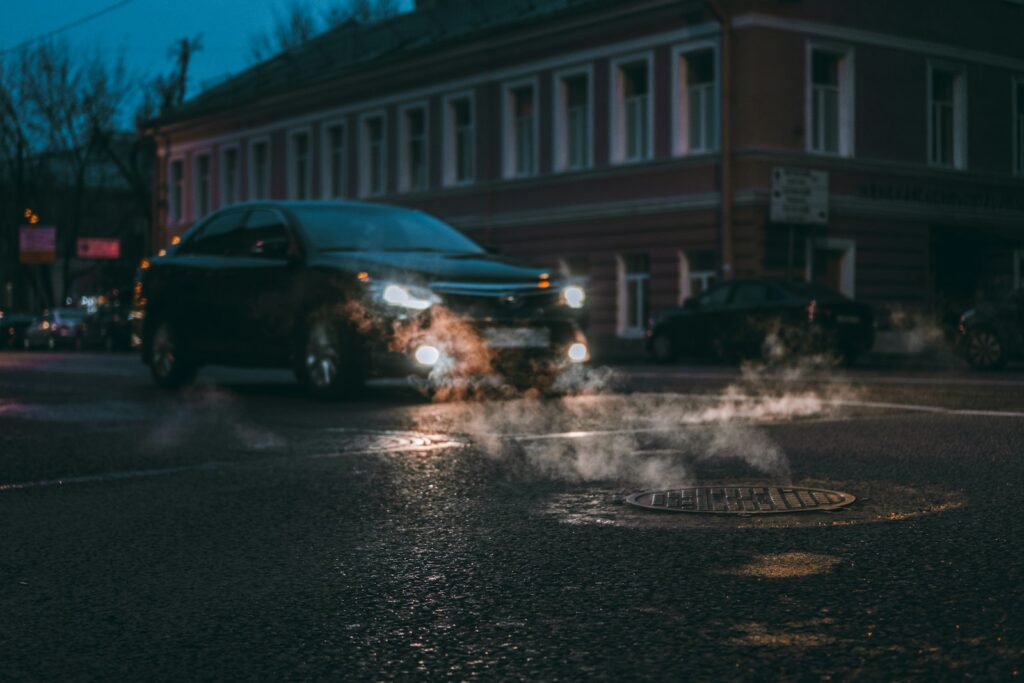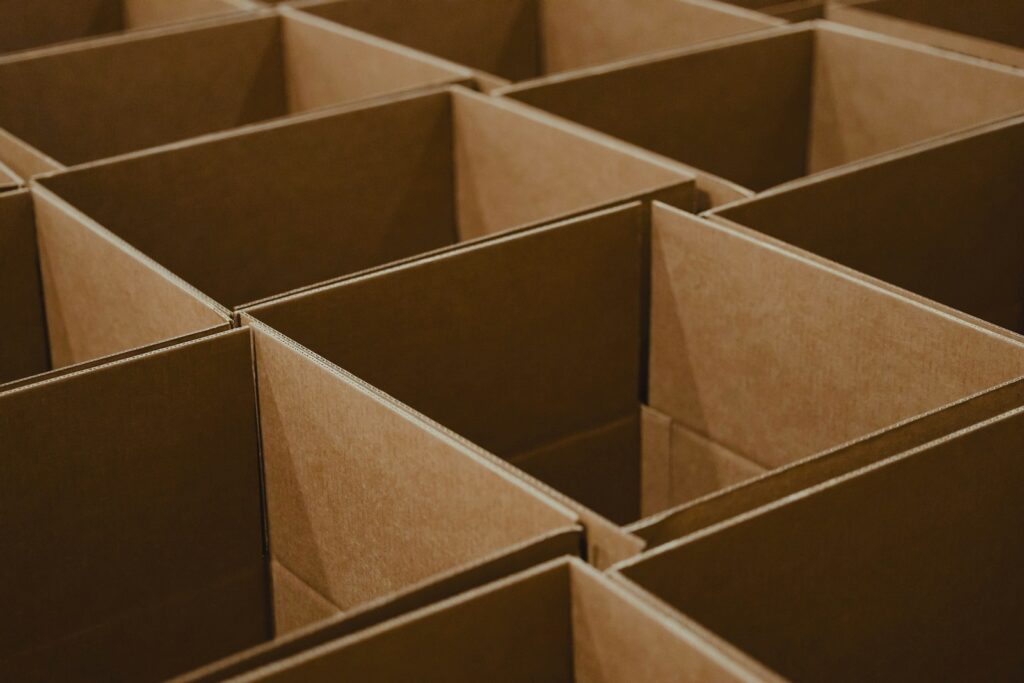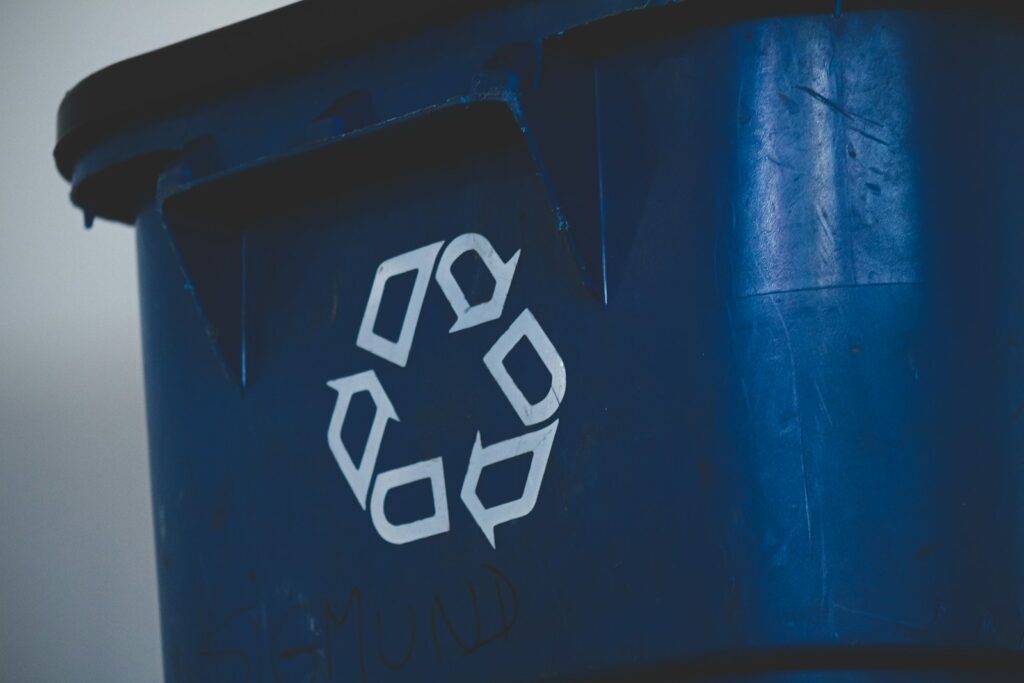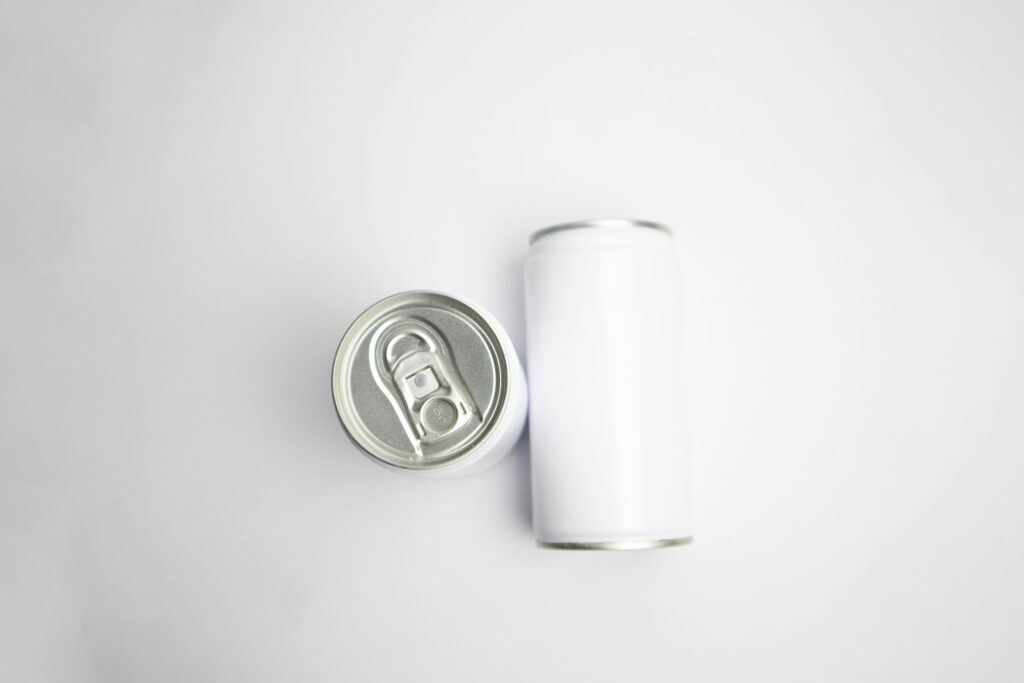A group of MPs have called on the Government to introduce a 25p latte levy on disposable coffee cups and for all coffee cups to be recycled by 2023.
The Environmental Audit Committee has today (5 January) published its report on disposable packaging, and specifically coffee cups, following a major inquiry into the report.
The report calls on ministers to introduce a 25p ‘latte levy’ on disposable coffee cups, and use the money raised to improve the UK’s recycling ‘binfrastructure’ and reprocessing facilities.
Although some coffee shops provide discounts for customers who bring their own cup, the committee heard during its inquiry that the uptake of these offers is low and only 1-2% of coffee purchases.
Therefore, the committee concluded that consumers are more responsive to a charge than a discount.
The UK throws away 2.5 billion disposable coffee cups every year, the report notes and almost all are incinerated, exported or landfilled, the report states.
The MPs found coffee cups are difficult to recycle, but not impossible and that industry action has been ‘voluntary, non-committal and slow’.
In order to overcome this, the committee has urged the Government to set a target that all disposable coffee cups should be recycled by 2023. If this target is not achieved, the Government should ban them.
And it also recommends producers should pay more for packaging, which is difficult to recycle.
‘The UK throws away 2.5 billion disposable coffee cups every year; enough to circle the planet five and a half times,’ said committee chair, Mary Creagh.
‘Almost none are recycled and half-a-million a day are littered. Coffee cup producers and distributors have not taken action to rectify this and Government has sat on its hands.
‘The UK’s coffee shop market is expanding rapidly, so we need to kick start a revolution in recycling. We’re calling for action to reduce the number of single use cups, promote reusable cups over disposable cups and to recycle all coffee cups by 2023.’
Responding to the report, the Local Government Association’s environment spokesman, Cllr Martin Tett, said: ‘Councils have made significant progress in increasing levels of recycling, but this is frequently undermined by the scourge of disposable coffee cups, which have become a huge problem.
‘Coffee cups are made of paper coated with a plastic layer which can contaminate other materials put out for recycling. This creates an extra cost for councils and can reduce overall recycling,’ added Cllr Tett.
‘We have long called for industry to step up and show more responsibility in tackling this issue, and councils would be keen to work with producers and discuss how the design and recycling of coffee cups can be improved.
‘However we are clear that this is something that must be addressed by industry, and that any associated costs should not be passed onto consumers.’
















